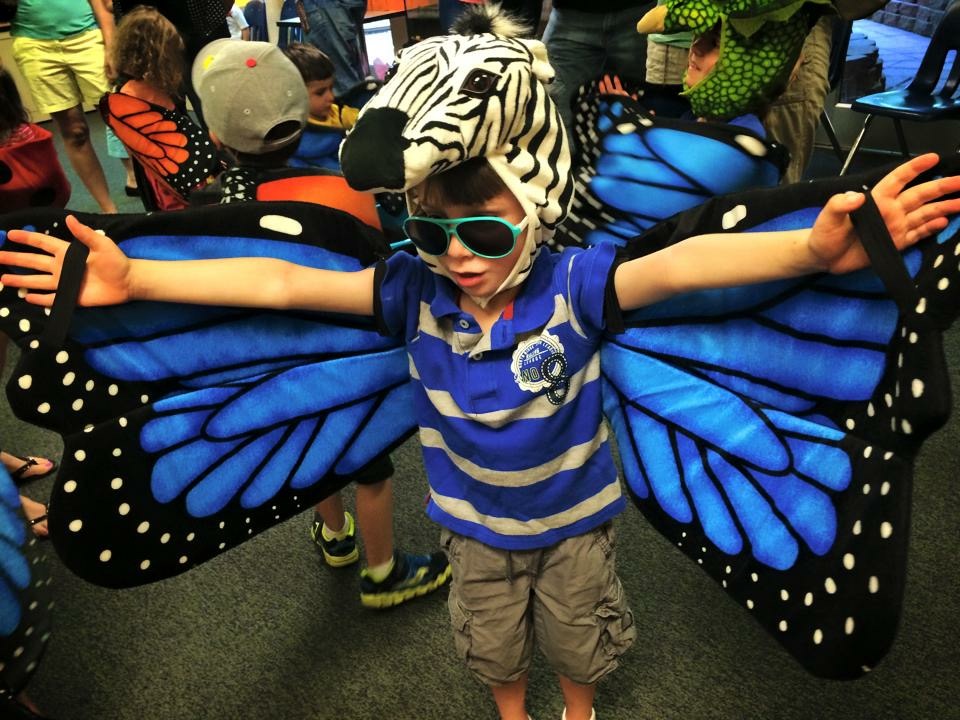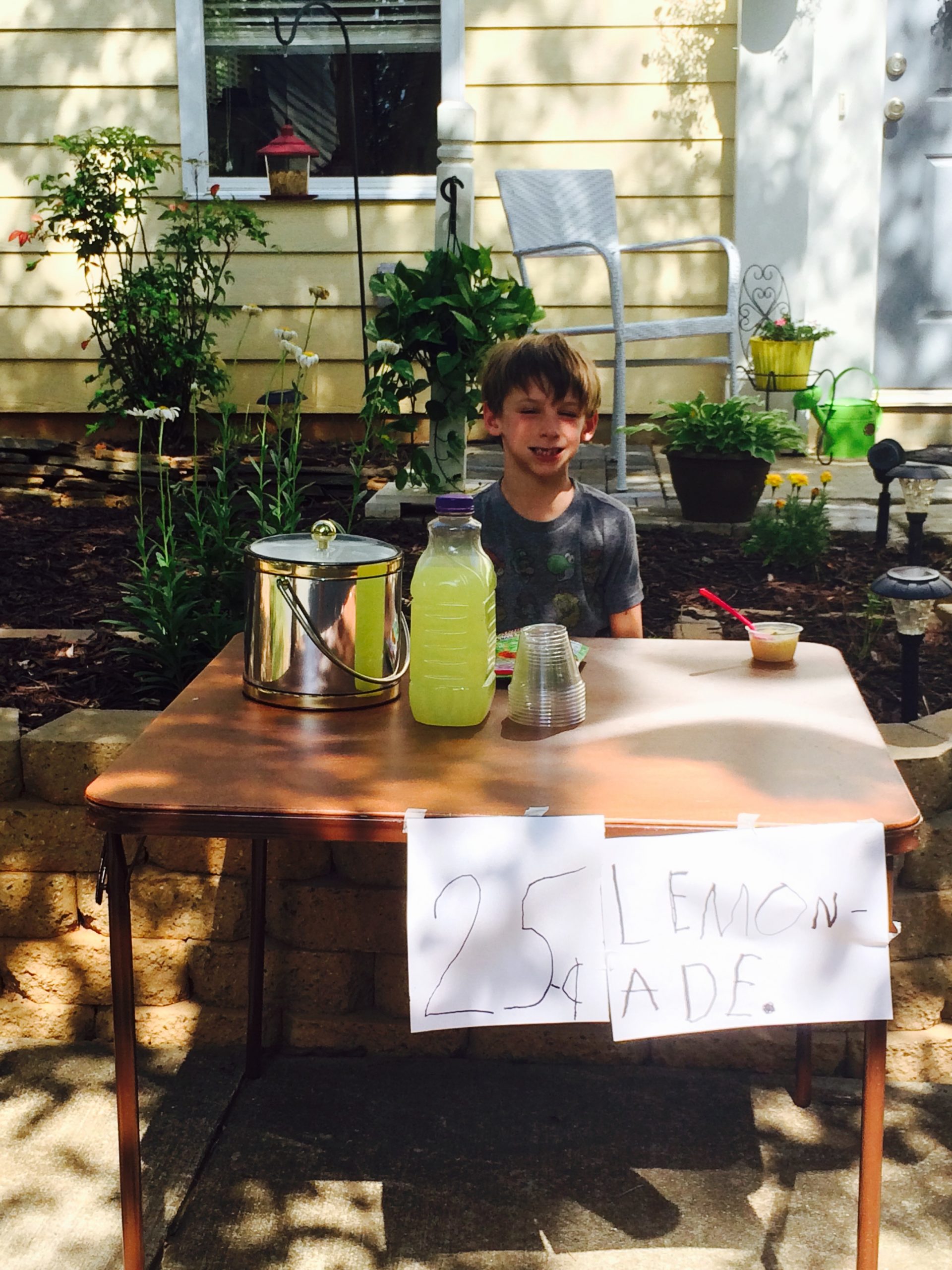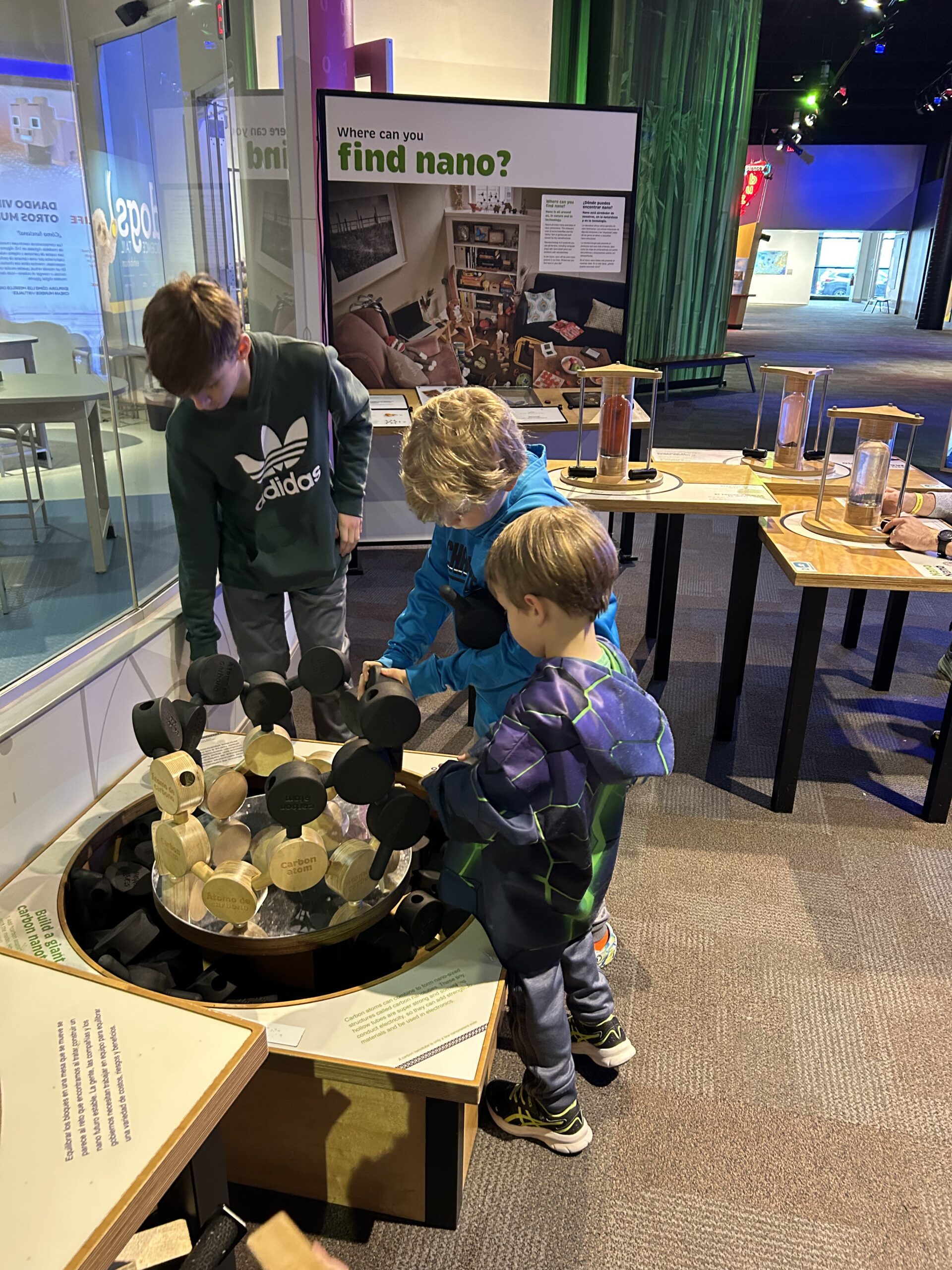Do children/students need more time outdoors? Are schools and parents doing enough to teach about nature and its importance?

There appears to be a disparity today between our daily lives and the natural world. People are too involved with technology and social media to notice the everyday life existing outdoors. The unawareness of nature is causing an out of balance existence with how all-living things are connected.
Children’s lives are different today. They have few opportunities to explore nature or outdoor free play with regular contact with the natural world. With working parents and the onslaught of ‘stranger danger’ too many children are no longer free to roam their neighborhoods or even their own yards without an adult present. Adults keep strict schedules of various activities that control too many children’s lives. Play environments have dramatically changed in the past decades as has the time allotted for playtime and the exploration of nature.
The importance on interaction with nature has profound effects of the well being of children and, in general, people. A connection with nature helps.
• Children with ADHD are better able to concentrate when in contact with nature according to a study by Taylor.
• Scores are higher on tests because of views about nature.
• Motor skills, coordination, balance, and agility are enhanced when there is a connection to nature.
• Nature and outside play builds more diverse and imaginative play that fosters language and collaborative skills.
• Awareness, reasoning, and observational skills are developed through outside investigations.
• Nature stimulates social interaction.
Outdoor gardens can help by offering hands-on, experimental learning opportunities in many disciplines. Most core subjects such as science, math, language arts, visual arts, and nutrition can be based on the outdoor garden or through the exploration of the outside world. While working in the environment students tend to demonstrate an overall concern and willingness to care for living things. They tend to take risks that extend their experiences and abilities. Attitudes towards school and personal relationships improve through participating in schoolyard gardening or schoolyard environments.
Exploring the outside world with children of all ages has nothing but benefits. Experts agree that hands-on outdoor learning helps to get all students engaged. Studies by Niemiec and Ryan show a positive relationship between a child’s engagement with nature and academic performance. Progressive educators have long promoted gardening and outdoor studies as an opportunity to connect knowledge about plants, animals, and ecosystems with personal experiences. Environments near homes and schools have clear potential to boost literacy and learning that connect to every school’s curriculum. It’s time to get out and smell the roses.



